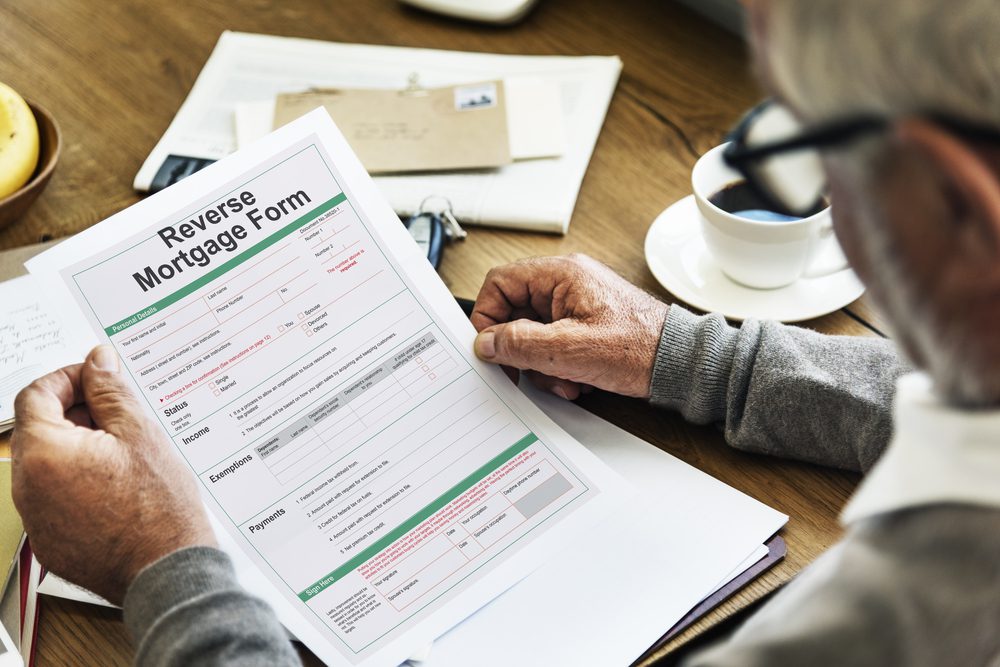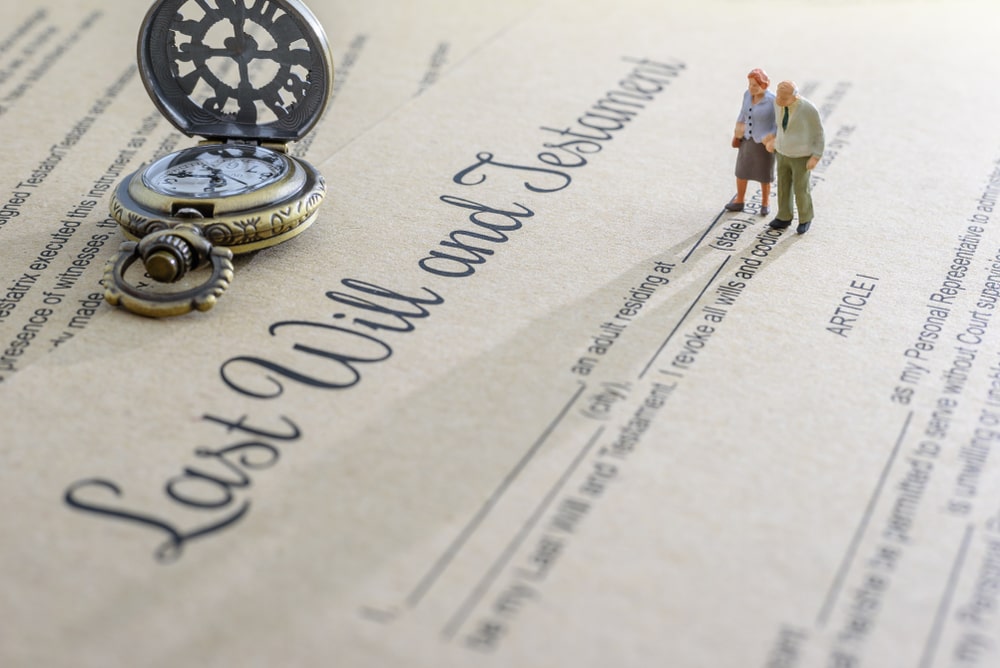With housing costs known as the biggest expense for most Americans, it’s not surprising to find out that most of us overspend in this department. It’s estimated that we should dedicate about 25% of our monthly budget to housing, but studies show that the average American spends around 33% instead.
So, what is the issue here?
Well, most of this money goes towards mortgage payments. Many Americans wrongly believe that save for paying up, there’s little they can do to trim their spending.
That’s why today we’re going to look at ways to cut down costs if you already own a home or how to get started if you want to buy a property.
Let’s Start with Prospective Homebuyers

Increase Your Credit Score
Before you even think of scouting your surroundings for a home, you’ll need to lower your credit score first. The higher your score, the lower your interest rates. This means you’ll pay less over time, including when it comes to interest. You could stand to save thousands of dollars worth of interest if you take this step first.
Of course, this is easier said than done, but there are ways you can do it. You’ll have to make credit card payments on time, talk to your lenders about credit limit increases, or even become an authorized user on someone else’s card- someone who has very good credit.
Make a Larger Down Payment
Financial advisors say you should put down at least 20% as a downpayment in order to avoid paying private mortgage insurance. However, the more you can put down, the better.
Your mortgage payments will be smaller down the line, so while you’re taking care of your credit score, consider making a little more effort in order by budgeting so that you’ll have bigger savings for your dream home.
Buy a Less Expensive Home
Unless you have unlimited resources, buying a home has to come with some compromises. The more you want to be featured in your dream home, the most expensive it will become and you’ll be stuck with mortgage payments for years and years.
If you’ve narrowed your search down to a few properties it’s best to go for the cheaper one. By lowering your payments you’ll also have a bigger budget to make your pick truly homey and comfortable, so it’s a win-win situation.
Choose an Interest-Only Mortgage
There is an option available for those who can’t make full mortgage payments right away. It’s the interest-only mortgage, for which you’ll only have to pay the interest for a certain amount of time at first.
Afterward, you’ll switch over to the principal and interest payments for the rest of your loan term, which will inevitably be higher. This is all in order to make up for smaller payments earlier on.
Get an Adjustable-Rate Mortgage
Similarly, if you’re in a bind and can’t afford full payments from the get-go, you could get an adjustable-rate mortgage instead.
Once more, your initial payments will be lower as interest rates start off small. As the loan goes on, your payments will increase.
As before, only go with this option if you’re confident about your financial abilities in the future.
Opt For a Long-Term, Fixed-Rate Mortgage
If you wish for low monthly payments over the lifetime of a loan you could go for a 40 or 50-year term as opposed to the typical 15 or 30 years term mortgages. This could be advantageous for some people, but don’t forget that you’ll be paying for a lot longer, while your interest rate will also be bigger.
Finally, you’ll be building equity in your home a lot slower than with a typical mortgage, so that’s also something worth considering in the long run.
But What Should You Do If You Already Own a Home?

Pay Extra When You Can
You can reduce your interest payments over the life of the mortgage by paying extra. Whatever cash you’ve got left at the end of the month should go towards your principal- so make sure your bank is aware of this. If you’re not careful, it could go towards your interest. Notifying them beforehand will solve this problem!
You’d be surprised by how much this could help if you do it consistently.
Eliminate PMI
Private mortgage insurances or PMIs protect lenders in the event that you can’t make your monthly payments. You’ll have to take one if your down payment was less than 20%.
These extra payments could put undue burden onto you for a long time, but you can eliminate them by reaching a 20% equity in your house. In order to do so, you’ll have to overpay on a monthly basis.
Once you reach the 20% threshold your payments will go down as well and you’ll feel an incredible weight taken off your shoulders. In fact, most financial advisors urge homeowners to take these steps as early as possible.
Have Your Property Taxes Reassessed
You could qualify for lower property taxes without even knowing it. To find out, you must request to have your home reassessed by a local government accessor.
Why does this help?
Well, lenders will typically roll property taxes in with your mortgage payments. So, if your property taxes decreased, it’s safe to say so will your payments. This can happen if the current market value of your home or if the tax rate in your area have gone down.
Find Cheaper Homeowners Insurance
Is your homeowner insurance part of your monthly payment? It very well could be, as this is the norm for plenty of Americans across the U.S.
It’s typically deposited into your escrow account that the lender uses to pay your insurance (even property taxes). That’s why looking for cheaper insurance could be one of the easier steps you can take in order to lower your bills. It would require diligent effort on your part in order to find something cheaper that fits your needs, but it’ll be well worth it in the long run.
Rent Out Part of Your Home
If you live in a spacious enough home or apartment or, better yet, if you own a guesthouse, then you should consider renting a room out. As adults, we don’t typically like the idea of sharing our living spaces with strangers, and this step won’t contribute to lowering your bills directly, but you could use the extra revenue towards your mortgage.
Consider how much you’d charge for rent and how quickly you could pay your mortgage off with that money. You only need to rent out for the duration of your payments, after all!
Refinance Your Mortgage
Plenty of Americans are put off by the thought of refinancing their mortgages because this action resets their mortgage clock. Five years into paying a 15-year mortgage? Once you take this step, you’ll still have 15 years to pay.
So what are the benefits? Well, if the interest rate you’re currently paying is higher than the interest rate you can qualify for, you can start refinancing. So the cost of the money you’re borrowing (your interest rate) will go down. The same service you’ve been paying for all this time will simply become cheaper.
So those are the two pros and cons you have to consider before making the leap!
Increase Your Loan Term
In the same vein as what we mentioned earlier, you could switch from a shorter-term mortgage of 15 or 30 years to a 40 or 50-year mortgage. This can happen as you refinance.
Yes, you will be paying for longer but it has the advantage of dramatically lowering your monthly costs. If this is your end goal, then you should look into combining these two options to see if they make sense for your current financial situation.

Consider a Reverse Mortgage
This is one of the riskier solutions to paying your mortgage, so it should only be used in particularly dire situations. You may also only do this is if you have equity.
Basically, instead of you making monthly payments to a bank, the bank will be paying you in order to buy your house back from you. That is why you could end up losing your home, but if you’ve got a clever financial planner on your side (which you should definitely employ if you’re having such worrisome issues!), it could be the lifeline you’ve been looking for all along.
Apply For Loan Modification
You can apply for loan modifications before you enter financial hardship. In fact, many financial advisers say it’s far better to do so before you default, as dealing with the modification process at that point could be a little more difficult and unpleasant.
So, if you know you’re going to lose your job or if you’ve foreseen other circumstances that might make monthly payments unpleasant or downright impossible, reach out to your lender.
They’ll be able to restructure your loan in order to make it easier for you to pay. So, again, take this preventative step before any major life changes.
There you have it! We hoped our little Mortgage 101 helped give you a better idea of how to make your monthly payments bearable!
What steps have you taken when you’ve encountered financial hardships like these?
Psst…Don’t leave just yet! We’ve got SO many more wonderful reads for you. We especially like THIS one!










